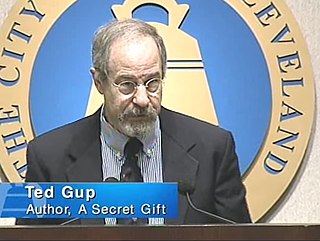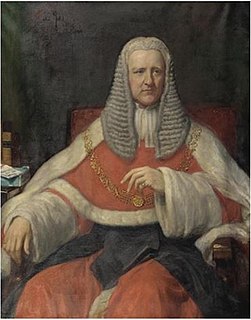A Quote by Campbell Brown
Every education law should be based around the question, 'Is this good for children?' And it's not.
Related Quotes
It comes down to what your priorities are, and if public education is about kids, then every decision we make should be focused on the question of 'Is this good for a child?' And that should be the driving focus and the priority when we decide what our policies should be and what our laws should be.
The question taxpayers keep asking is 'why should we pay for services for those who have broken the law to get here?' They should not, nor should they be forced to be the Health Maintenance Organization (HMO) and School District of the world. This is evidenced in every poll I have seen indicating that every ethnic group is opposed to illegal immigration and supports enforcement of the law.
First, this law - the National Defense Education Act - ended years and years of debate about one controversial question: 'Shall the Federal Government, with all its massive resources, get directly involved in aiding American education?' The answer this law gave was a loud 'Yes!' - and thus we paved the way for a new era of support for education in America. This law, in fact, helped make possible more than 50 new education laws passed in my administration.
I don't think the question is if should we have a shield law. I think the question is what kind of shield law we should have. Yes, I'd like to see a federal shield law, but if and only if it provides genuine safeguards and doesn't green-light prosecutors and judges and litigants from going after the press and getting things to which they should not be entitled. It's not a simple kind of litmus test.
Here I encounter the most popular fallacy of our times. It is not considered sufficient that the law should guarantee to every citizen the free and inoffensive use of his faculties for physical, intellectual and moral self-improvement. Instead, it is demanded that the law should directly extend welfare, education, and morality throughout the nation. This is the seductive lure of socialism. And I repeat: these two uses of the law are in direct contradiction to each other.
When you say there's too much evil in this world you assume there's good. When you assume there's good, you assume there's such a thing as a moral law on the basis of which to differentiate between good and evil. But if you assume a moral law, you must posit a moral Law Giver, but that's Who you're trying to disprove and not prove. Because if there's no moral Law Giver, there's no moral law. If there's no moral law, there's no good. If there's no good, there's no evil. What is your question?
Parents who've not had an education themselves find it hard to explain to their children what a decent education involves, and I completely understand that. Parents themselves need to be educated by schools about what sort of education they should expect for their children. I do think there's a heavy responsibility of the school.
The education here intended in not merely that of the children of the rich and noble, but of every rank and class of people, down to the lowest and the poorest. It is not too much to say that schools for the education of all should be placed at convenient distances, and maintained at the public expense.
That education should be regulated by law and should be an affair of state is not to be denied, but what should be the character of this public education, and how young persons should be educated, are questions which remain to be considered. As things are, there is disagreement about the subjects. For mankind are by no means agreed about the things to be taught, whether we look to virtue or the best life. Neither is it clear whether education is more concerned with intellectual or with moral virtue.































